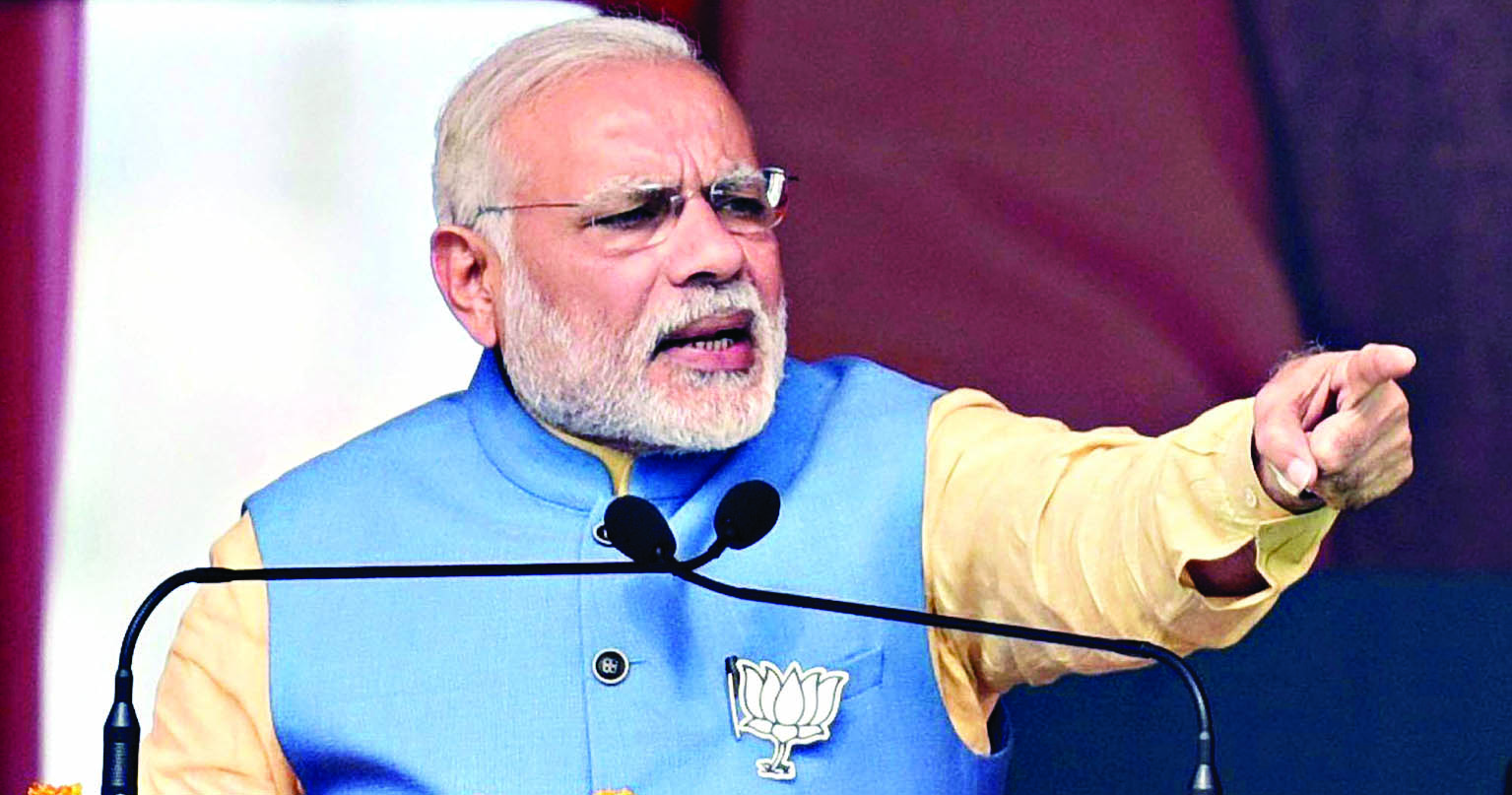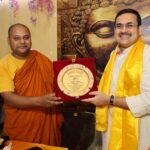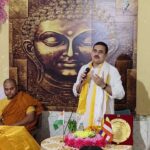Against Deconstructionism
- By : Anirban Ganguly
- Category : Articles

Communism, observed British conservative philosopher Roger Scruton, “is through and through dependent on paranoia – a kind of grand conspiracy theory designed to manufacture illusory enemies so as to maintain itself in being.” In the last three and a half years that Narendra Modi has been in power, there have been attempts galore by those who are most piqued by his being in power, to manufacture legions of illusory enemies, invent grand conspiracy theories and create an image of a nation under siege. Read This – Say no to plastics! The political point that can be made is that communists are fast depleting politically, how then can they still continue in their effort at illusion making? Yes, the world over communism has nearly disappeared, China is no more communist in the original sense with which it had begun its crusade in 1949, the main centres of communism have long since disappeared, but in India, while the communists are politically disappearing, their clout continues within academia, in the media, and in the intelligentsia and around them have blossomed bourgeois political formations, elements that are detrimental to our national interest and specimens who wish to stall the narrative of a new India from taking shape. Read This – Reinvent India’s trade pattern It is a mentality that has been shaped by a combination of communism and fascism which threatens India most today. Both communism and fascism despite what the communists – especially the extreme variety as represented by the Marxists and Leninists and their most vocal mouthpieces – would have us believe, are not fundamentally different. Communism and fascism essentially espouse the same cause, the same world view and work towards achieving the same irreverent society devoid of sacredness, of tradition, of empathy, of civilisational wisdom. The one feeds on the other but through a cleverly weaved maze of vacuous argumentation, they have succeeded in maintaining an illusion of separatism. As Scruton has argued in his classic, ‘Fools, Frauds & Firebrands – thinkers of the new left’, “It is testimony to the success of communist propaganda that it has been able to persuade so many people that fascism and communism are polar opposites and there is a single scale of political ideology stretching from ‘far left’ to ‘far right.’ The elements that have been attracted to, or have been spawned or co-opted by communism and fascism have espoused “deconstructionism.” Over the decades in their quest to paralyse Indian society they have used it as a tool. Scruton describes this malady or affliction of deconstructionism; he argues thus, “What deconstruction sets before us is a profound mystery”, and eventually when the liturgy of deconstructionism is articulated, “when at last the veil is lifted, we perceive a wondrous landscape: a world of negations, a world in which, wherever we look for presence we find absence, a world not of people but of vacant idols, a world which offers, in the places where we seek for order, friendship and moral value, only the skeleton of power. There is no creation in this world, though it is full of cleverness – a cleverness actively deployed in the cause of Nothing.” It is by propping up those vacant idols by pushing the cause of “Nothing”, that they have thrived all these years. The compulsive “revolutionary mentality” that both fascism and communism exacerbate has, in the long run, a profoundly debilitating effect, its first and foremost effect is to “undo the experience of the sacred.” While this approach has done much harm to our self-perception, to our cultural self-knowledge and continued unabated post Independence, it has also prevented both communism and fascism from taking deep roots in our society. A society such as ours, defined, shaped, sustained and nurtured by a consciousness that is attuned to the “experience of sacredness” cannot give undefined and indefinite space to an ideology opposed to that experience. It is through a ‘hegemony’ exercised through the state in the past, through control of civil society organs, through possession and control of institutions of communication, education, culture et al that the hegemony of deconstructionists continued unchallenged for over decades in India. The summer of 2014 ushered in an era of a civilisational challenge to this entrenched and unchallenged hegemony. Narendra Modi’s ascendancy challenged a number of shibboleths, it stands like a dyke against the high tide of deconstructionism. The challenged group with slipping hegemony are the ones thus who have characterised Modi as leading a fascist regime, while in reality, it was they who had perpetuated and institutionalised fascism in India. The Triple Talaq verdict, the cleansing of the system of the diseases of communalism, casteism, and dynastism, the determined political fight that the Modi dispensation is willing to put up against those who wish to weaken India’s fabric, the determination to cleanse the system of the remnants of communism and of fascism that have impeded our rise, is what is galling them. They thus weave false narratives and try to obfuscate the debate. The struggle is now between conservative-liberalism on the one hand and dying communism with still lurking but disguised fascism on the other. India’s destiny lies in the triumph of conservative liberalism.

















